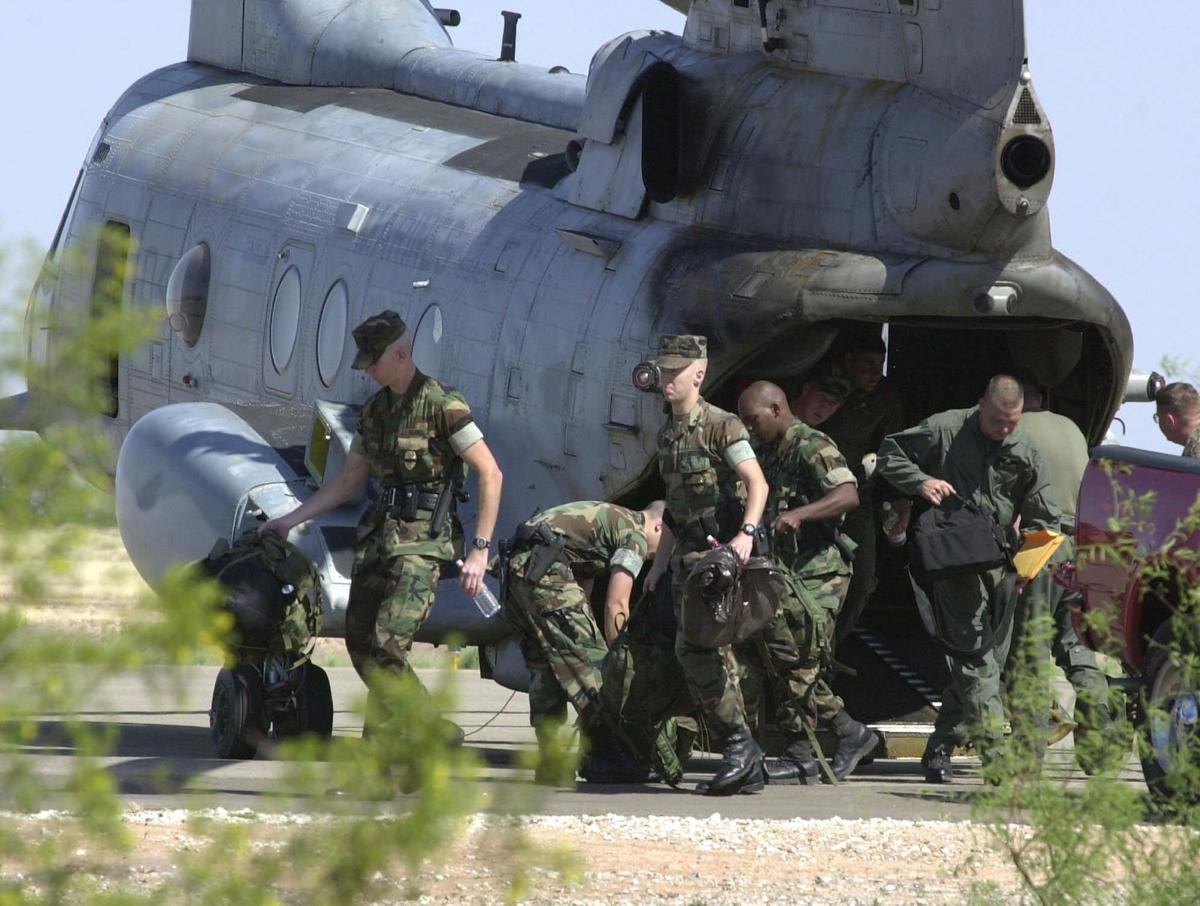Putin's Economic Shift: Prioritizing Military Production

Table of Contents
Increased Defense Spending and its Economic Impact
Since the invasion of Ukraine, Russia's military budget has experienced a dramatic increase. This surge in defense spending represents a significant reallocation of resources – manpower, raw materials, and advanced technologies – towards the military-industrial complex. This prioritization has far-reaching consequences for the Russian economy.
-
Impact on GDP growth: While the precise figures remain debated due to data opacity, the massive influx of funds into military production diverts resources from potentially more productive sectors, potentially hindering overall GDP growth and limiting opportunities for economic diversification. The focus on military hardware over consumer goods and services negatively affects overall economic efficiency.
-
Crowding out of civilian sectors: The substantial increase in defense spending crowds out investment in crucial civilian sectors like healthcare, education, and infrastructure. This deprives the Russian population of essential services and long-term economic development opportunities, creating a widening gap between military spending and social welfare.
-
Inflationary pressures: The massive resource reallocation towards the military-industrial complex fuels inflationary pressures. Competition for scarce resources like skilled labor and materials drives up prices, impacting the cost of living for ordinary citizens and further exacerbating economic inequality.
-
Potential for long-term economic stagnation: The sustained emphasis on military production at the expense of civilian development poses a significant risk of long-term economic stagnation. This overreliance on a single sector leaves the Russian economy vulnerable to shocks and limits its capacity for innovation and growth in other areas.
Sanctions imposed by Western countries have severely hampered Russia's ability to acquire crucial technologies and components for its military production. This limitation forces Russia to rely more heavily on domestic production, accelerating the push for import substitution.
Import Substitution and the Development of Domestic Industries
In response to Western sanctions, Russia has intensified its efforts to reduce reliance on foreign imports, particularly for military-related goods. This push for import substitution aims to bolster the self-sufficiency of the military-industrial complex and lessen its vulnerability to external pressures.
-
Examples of successful import substitution: While facing considerable challenges, Russia has achieved some success in specific sectors. There have been advancements in the domestic production of certain electronic components and microchips, though these are often less advanced than their Western counterparts.
-
Shortcomings and limitations: Import substitution efforts are hampered by a lack of technological innovation and skilled labor in many crucial sectors. This deficiency limits the quality and quantity of domestically produced goods, hindering the full replacement of imported technologies.
-
The role of state-owned enterprises: State-owned enterprises play a dominant role in driving import substitution initiatives, often receiving preferential treatment and substantial government funding. However, this centralized approach can stifle competition and innovation.
-
Impact on technological innovation: While the focus on import substitution stimulates some domestic technological development, it often lags behind global advancements due to isolation and limited access to international collaboration and technology transfer.
The Impact of Sanctions on the Russian Economy and Military Production
Western sanctions have significantly impacted Russia's military production capabilities, forcing it to adapt and seek alternative supply chains. While the full extent of the impact remains to be seen, sanctions have demonstrably disrupted access to critical technologies and components.
-
Impact on specific sectors: Sanctions have particularly affected sectors vital for military production, such as semiconductors and advanced electronics. The restrictions on access to these technologies have hindered the development and production of sophisticated military hardware.
-
Circumventing sanctions: Russia has actively sought to circumvent sanctions by sourcing components and technologies from alternative sources, primarily China and Iran. These partnerships help Russia maintain its military production but often at a cost of reduced quality and increased dependence on unreliable partners.
-
Long-term consequences: The long-term consequences of sanctions on the Russian economy and its military capabilities are uncertain but likely significant. Sustained pressure could lead to a decline in military readiness and the long-term weakening of the Russian economy.
-
Adaptation of the military-industrial complex: The Russian military-industrial complex has shown a degree of adaptability, adjusting production processes and sourcing strategies to operate under the constraints imposed by sanctions. However, this adaptation comes at the cost of efficiency and innovation.
The Human Cost of Prioritizing Military Production
The economic shift towards military production carries a substantial human cost. The prioritization of defense spending has led to a severe drain on resources allocated to civilian sectors, impacting the well-being and livelihoods of Russian citizens.
-
Brain drain: The lack of opportunities and economic hardship in civilian sectors has fueled a brain drain, with skilled workers and professionals emigrating from Russia in search of better prospects.
-
Decreased investment in social programs: Reduced spending on social programs directly impacts healthcare, education, and social welfare, undermining the quality of life for many Russians.
-
Increased poverty and inequality: The economic consequences of the prioritization of military production have exacerbated poverty and inequality, creating a widening gap between the wealthy elite and the vast majority of the population.
Conclusion
Putin's prioritization of military production has fundamentally reshaped the Russian economy, leading to increased defense spending, a focus on import substitution, and significant impact from Western sanctions. This shift presents both short-term and long-term challenges for the Russian economy, impacting various sectors and negatively affecting the standard of living for many citizens. Understanding the complexities of Putin's economic shift and its consequences is crucial for comprehending the ongoing geopolitical landscape. Further research into the long-term effects of this prioritization of military production is vital for informed policymaking and strategic planning. Continue to follow developments regarding Putin's economic strategy and its impacts on Russia and the global economy.

Featured Posts
-
 Azmt Antqalat Bayrn Mywnkh Wbrshlwnt Ytsarean Ela Laeb
May 29, 2025
Azmt Antqalat Bayrn Mywnkh Wbrshlwnt Ytsarean Ela Laeb
May 29, 2025 -
 Nederlandse Fans Reizen Massaal Naar Liverpool Voor Potentiele Titel
May 29, 2025
Nederlandse Fans Reizen Massaal Naar Liverpool Voor Potentiele Titel
May 29, 2025 -
 The Ultimate Guide To Air Jordans Releasing In June 2025
May 29, 2025
The Ultimate Guide To Air Jordans Releasing In June 2025
May 29, 2025 -
 The Adorable Nickname Morgan Wallens Grandma Uses
May 29, 2025
The Adorable Nickname Morgan Wallens Grandma Uses
May 29, 2025 -
 Marinis Hospitalization Follows Testing Facility Crash
May 29, 2025
Marinis Hospitalization Follows Testing Facility Crash
May 29, 2025
